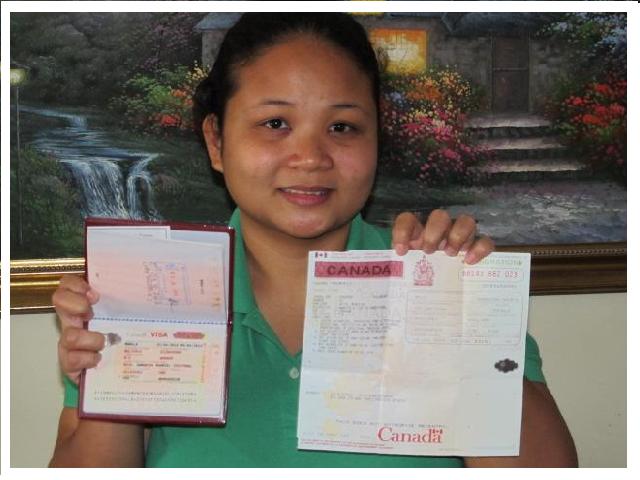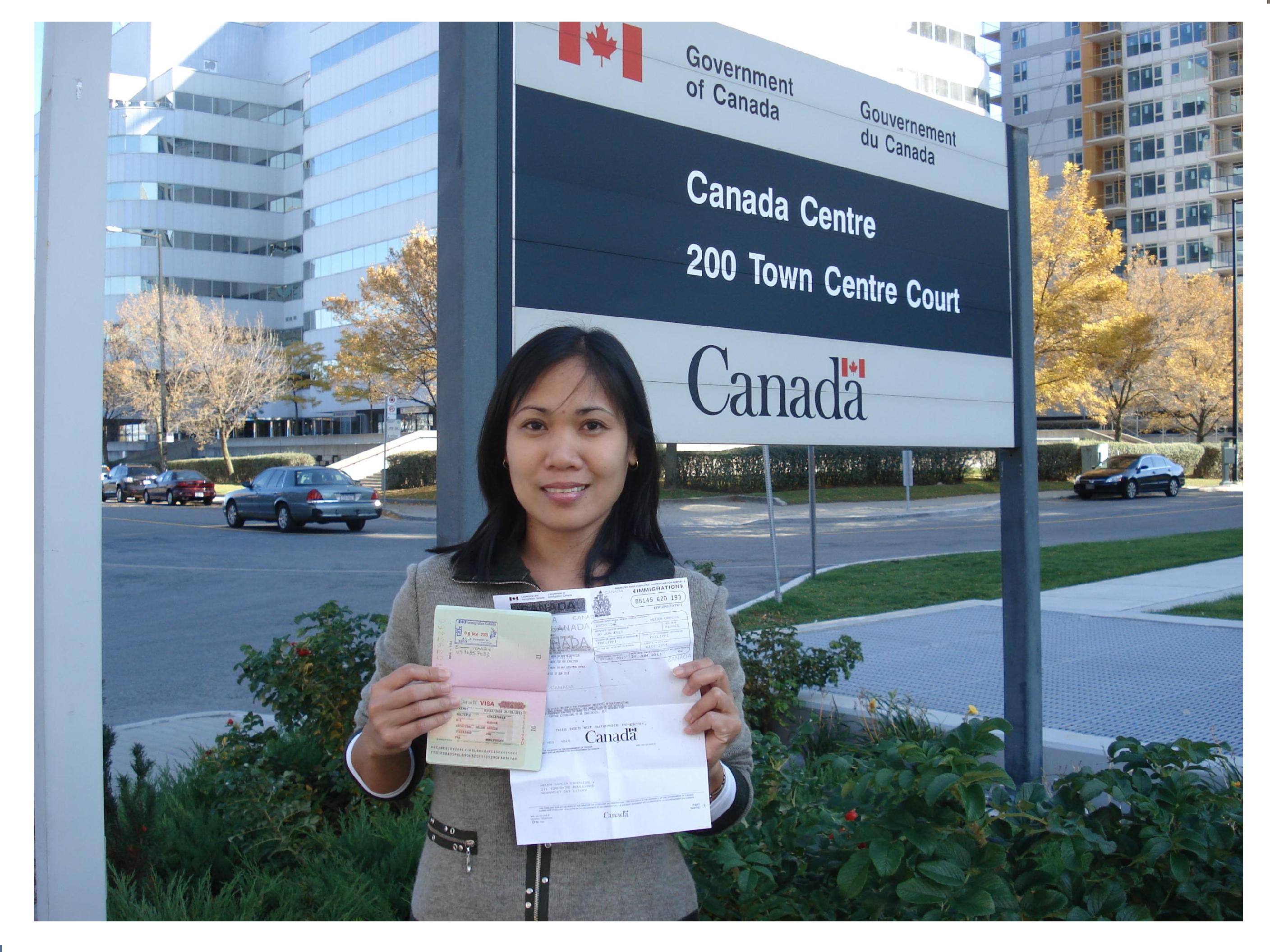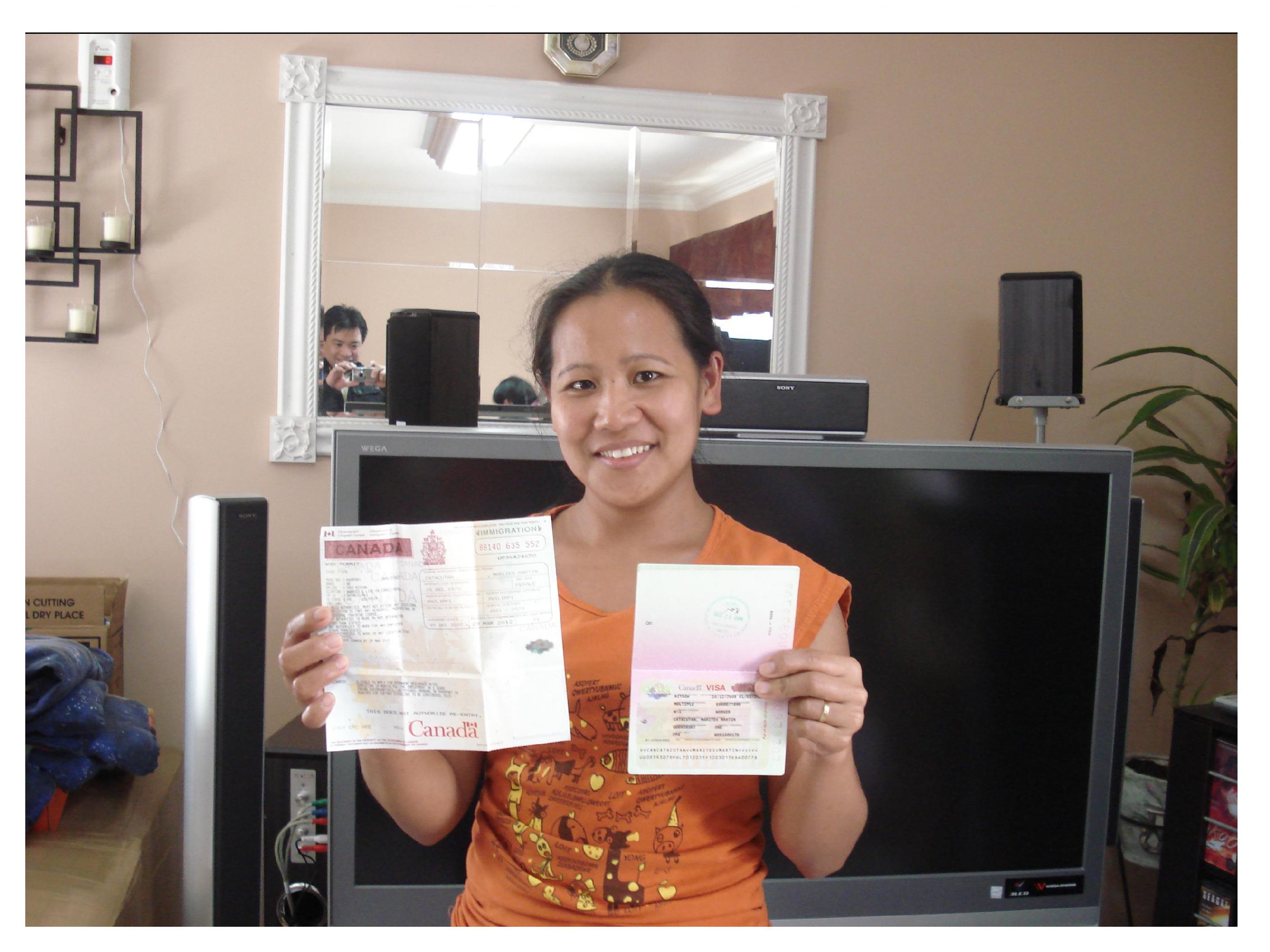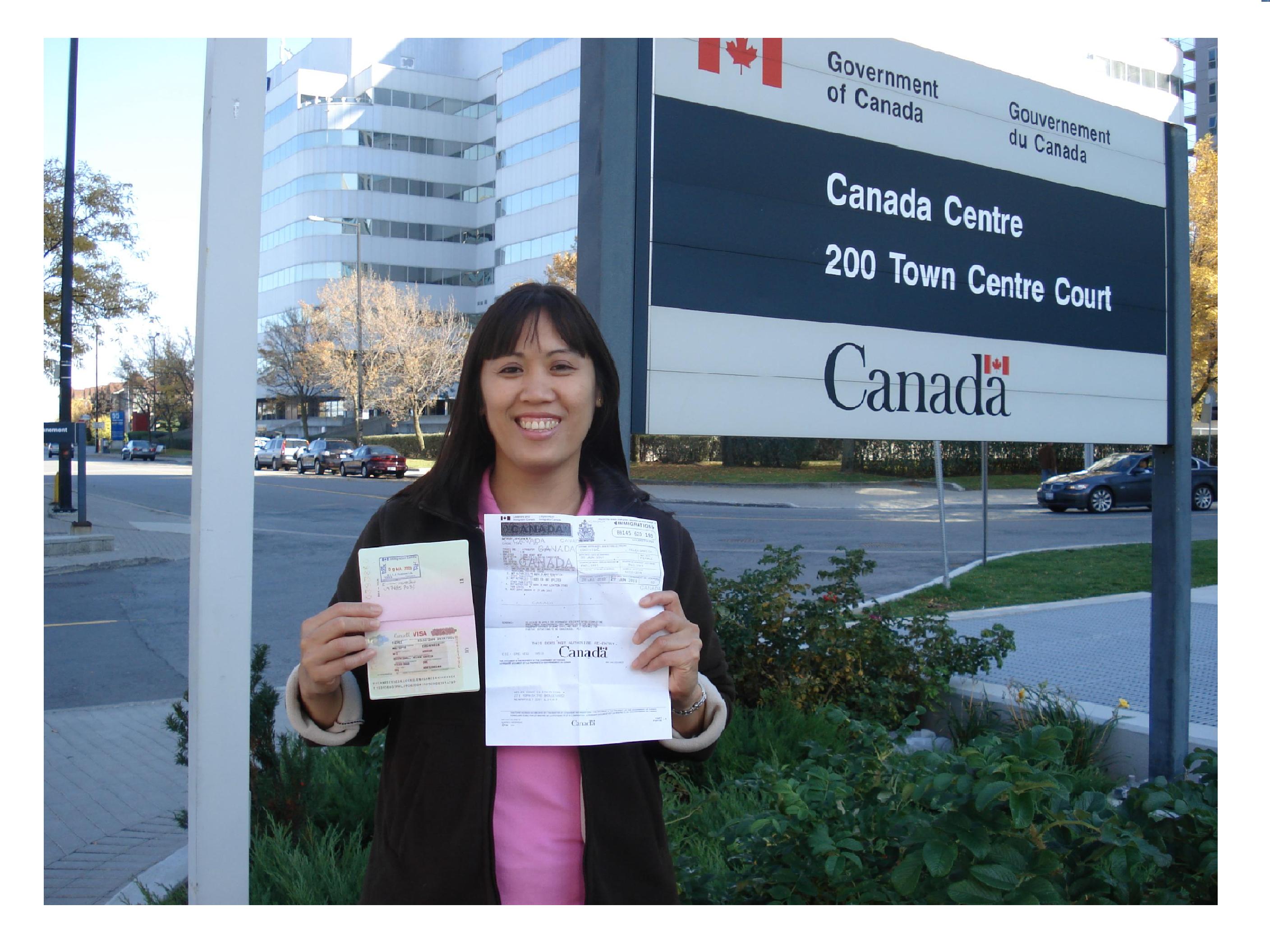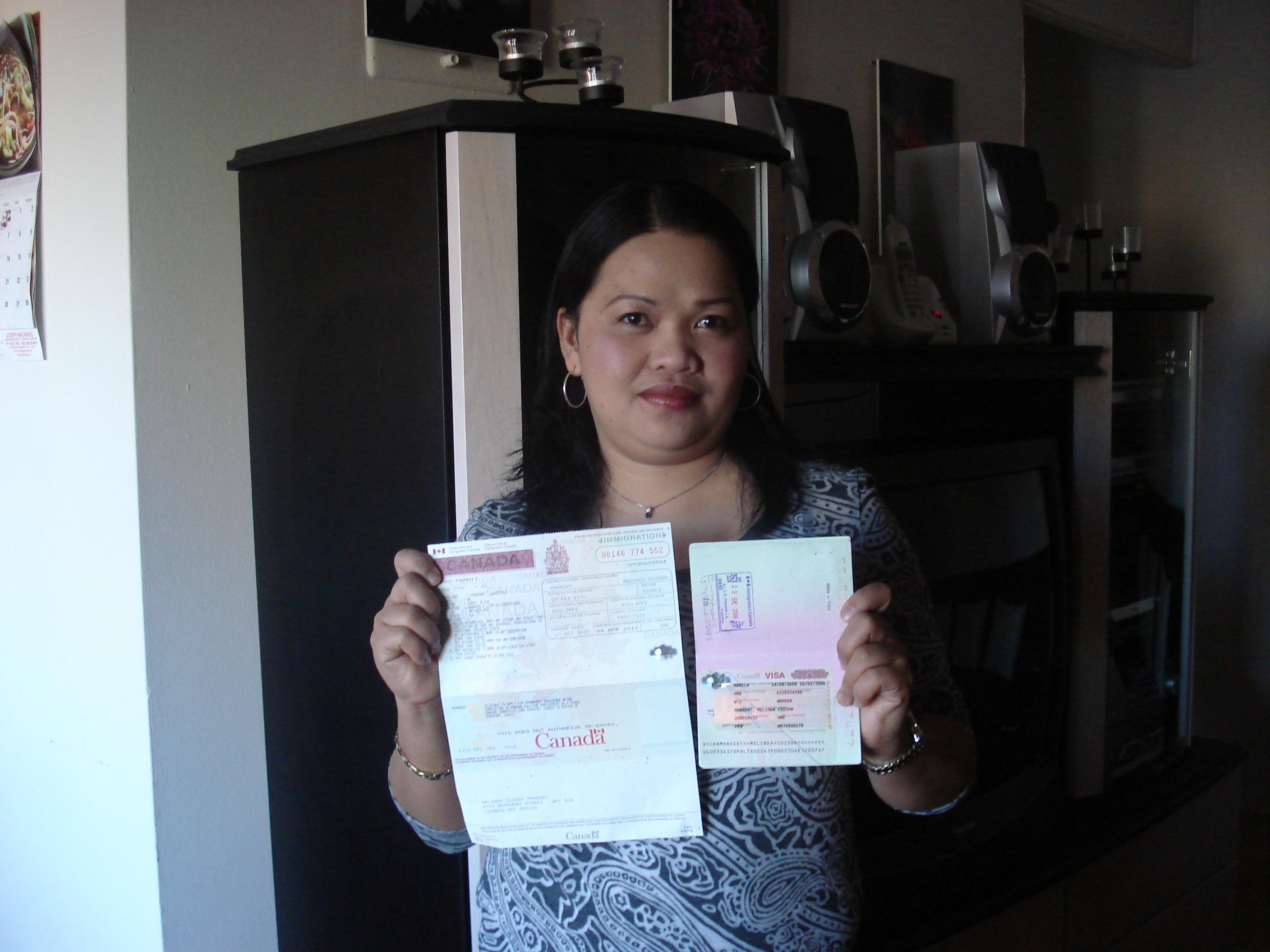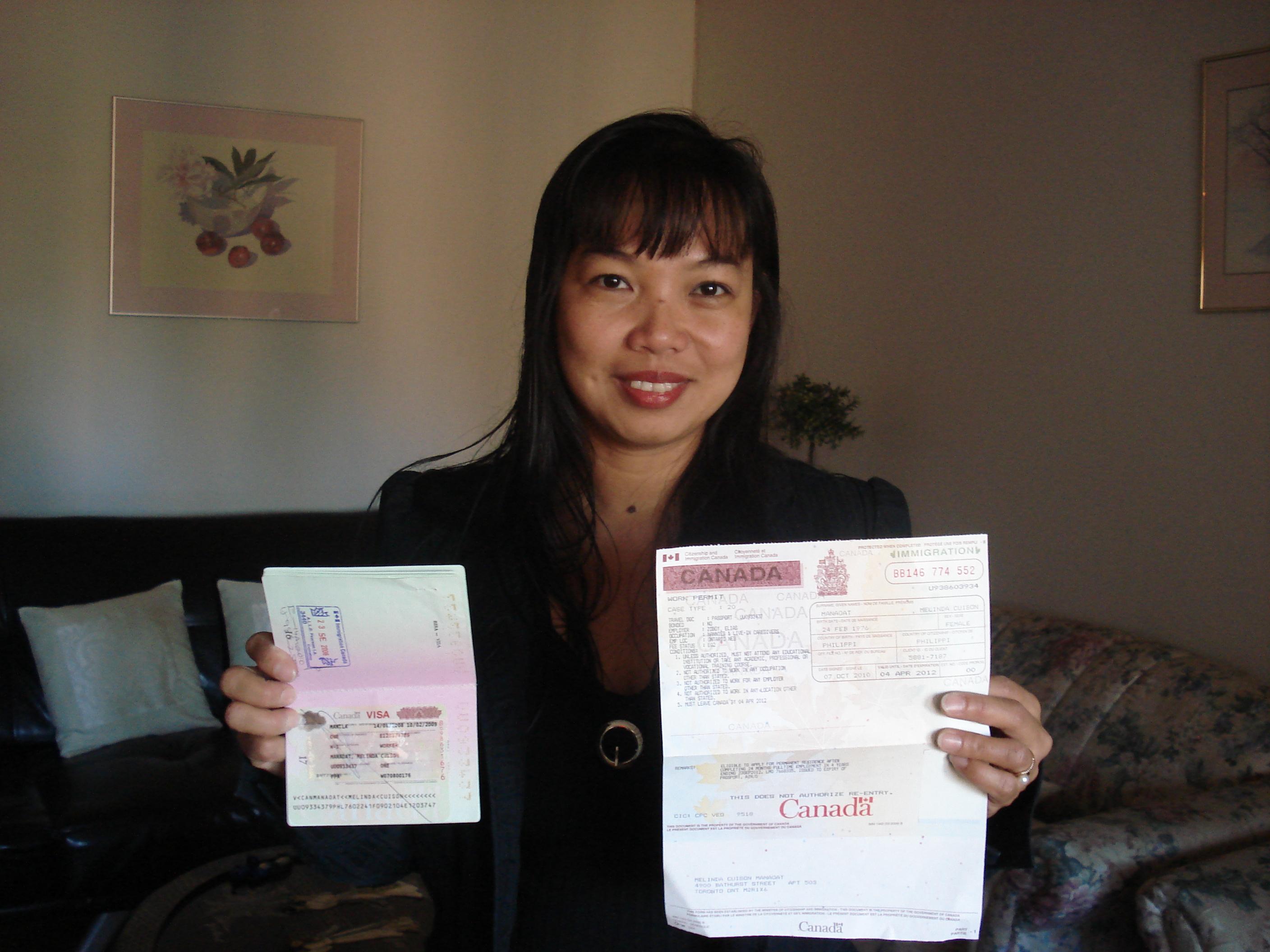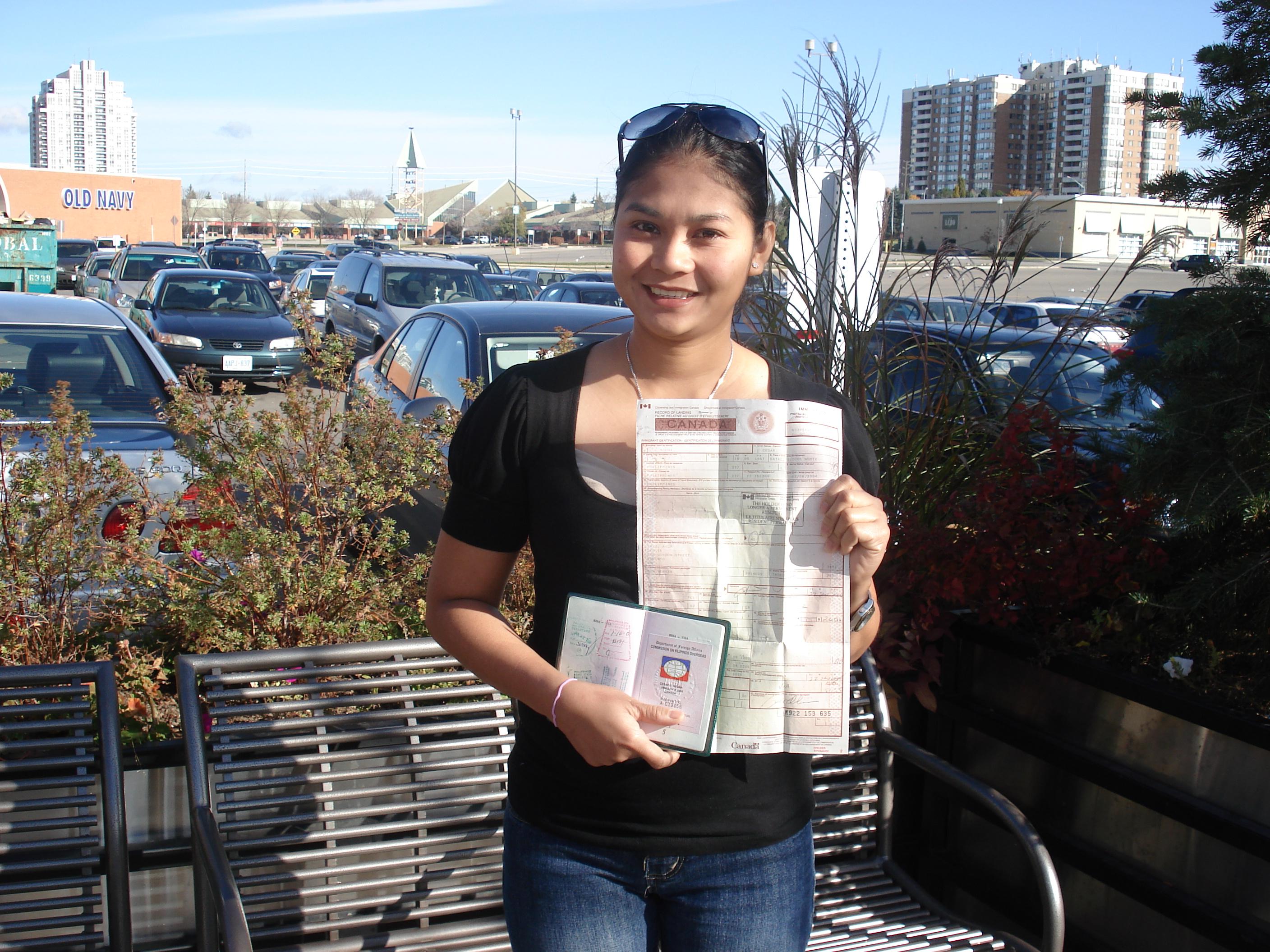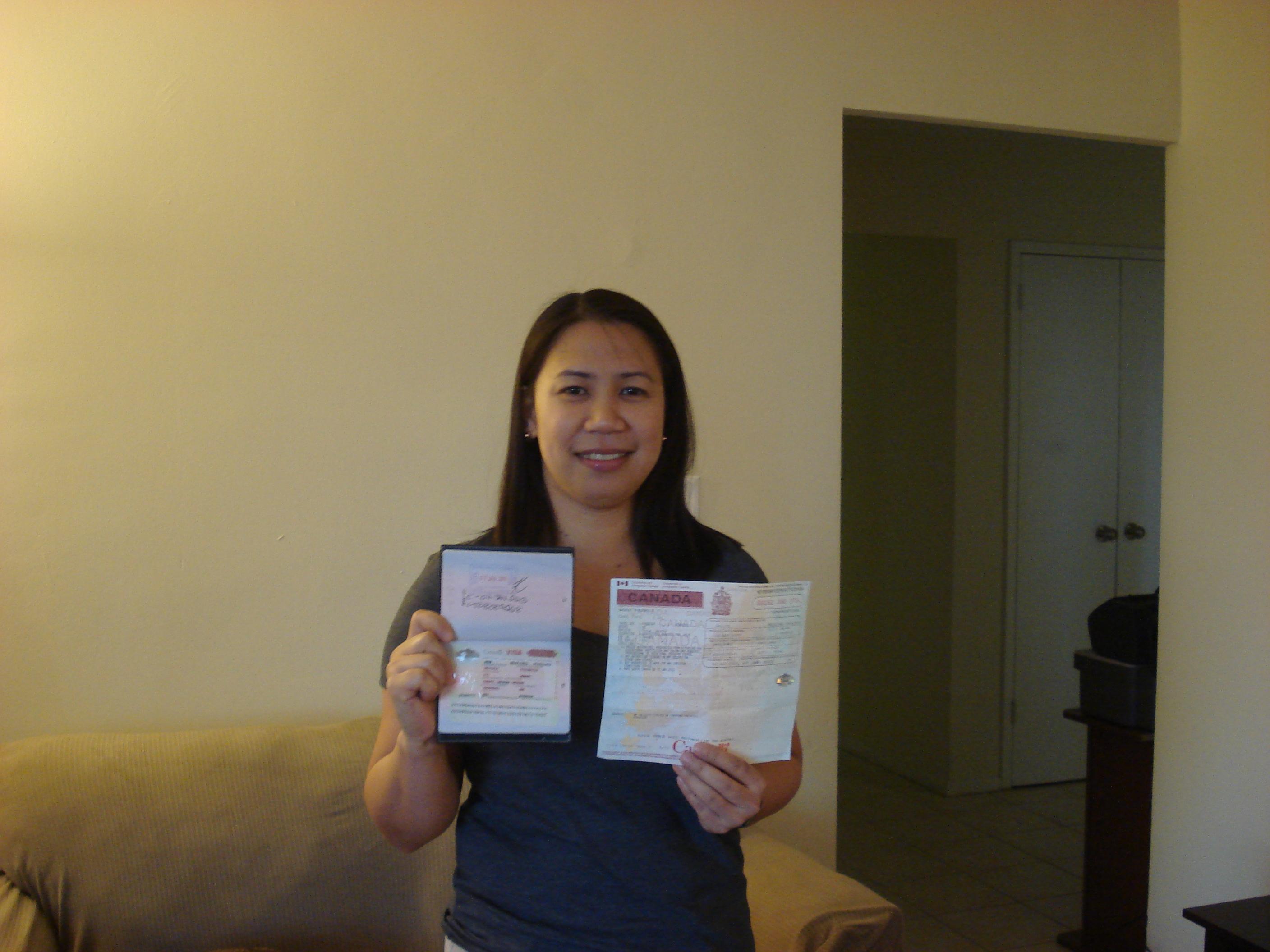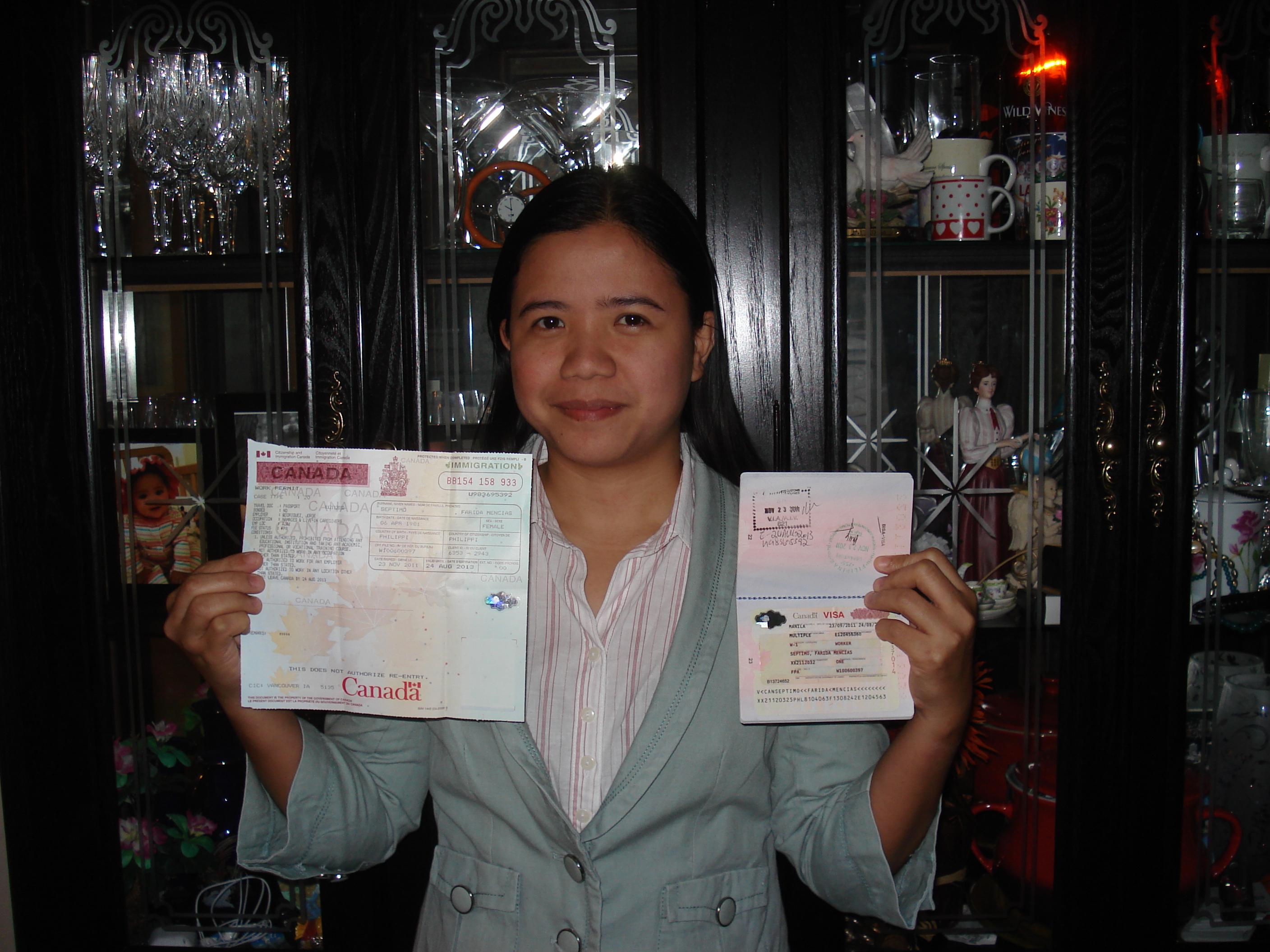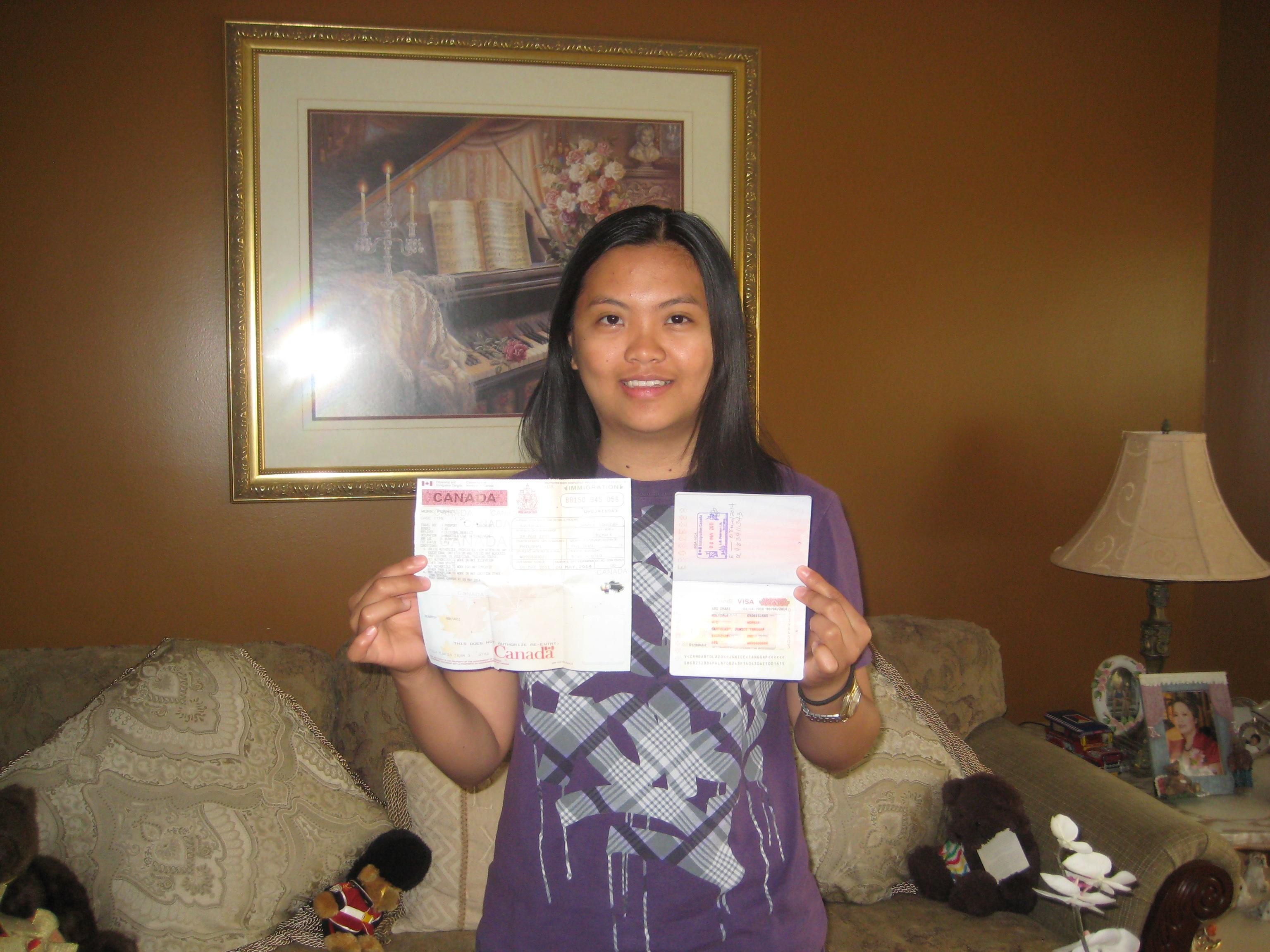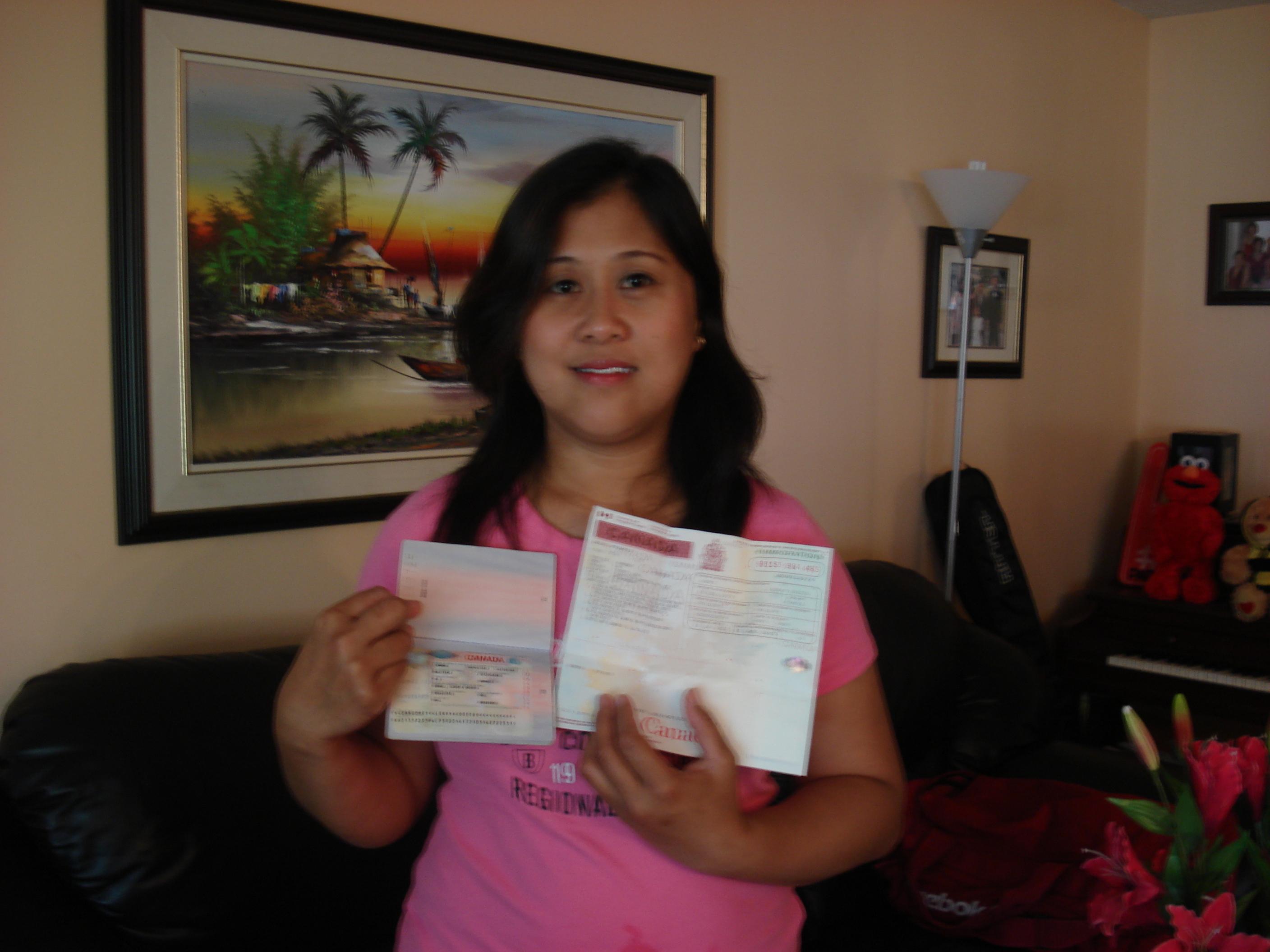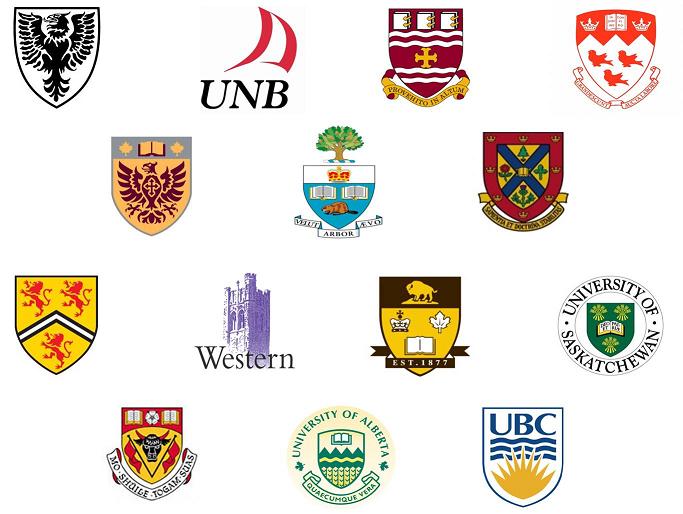 Studying in Canada
Studying in Canada
(4 months processing time only) Cheaper than Australia’s Student Visa, better then U.K. Student Visa, the Canadian Student Visa will lead you for Permanent Residency under Canadian Experience Class.
Yes, you can study, work and become permanent resident of Canada. More than 90,000 students begin the adventure of studying in Canada every year. Foreign students bring a rich culture to our classrooms. Your knowledge and skills are welcome in our schools. The provinces regulate education and schools in Canada. For more detailed information on living and studying in a specific province or territory, contact the school where you wish to study.
To study in Canada, you may need a study permit or a temporary resident visa, though not everyone must have these documents.
Before you can apply for a study permit, you must have been accepted at a recognized school, university or college in Canada.
There are many different types of schools and institutions in Canada. For more information and listings of schools, contact the organizations listed below for each institution type, or consult:
- Study in Canada
- The Ministry of Education
- Canadian Bureau for International Education
- Canadian Education Centre Network
Studying in Canada is Simple with Allied Employment
We at Allied Services can help you choose the institution, the course and the other modalities related to study in Canada. In order to cover time and cost we may charge you minimal fees.
Primary and secondary schools
These are schools that teach students up to the grade 12 level. Provincial governments in Canada regulate all primary and secondary schools. Find out more information about schools from the Ministry of Education of the province in which you would like to study.
Post-secondary institutions (universities and colleges)
Post-secondary schools include colleges, universities and technical schools. Each post-secondary school has its own set of rules on how to apply, and decides what level of English or French you will need to be accepted. For more information on post-secondary schools, contact:
- Association of Universities and Colleges of Canada
- Association of Canadian Community Colleges
- Canadian Information Centre for International Credentials
Private career and vocational schools
Provincial governments do not necessarily regulate private schools. Make sure that the private school you apply to meets provincial education requirements. For more information on private career colleges, contact the National Association of Career Colleges.
Language schools
There are many schools in Canada that teach English or French as a second language. Provincial governments regulate language programs at public institutions.
Provincial governments do not necessarily regulate language programs at private schools. Make sure that the private school you apply to meets provincial education requirements. For more information about private language programs.
How to apply to a school, college or university once you have chosen a place to study you will need to apply to that school, college or university. Every school has different rules on how to apply.
Make sure you apply early for your course of study. Apply at least six months in advance to primary and secondary schools. University and college students should apply a year before they want to start their studies.
Contact the school where you want to study to learn how to apply. They will give you the right application forms and be able to tell you about:
- the cost of applying;
- tuition fees;
- health insurance;
- rent and how much it will cost to live in Canada;
- language tests.
Fill out the application form for the school or schools of your choice, and submit it according to the instructions provided. If the school admits you as a student, they will send you a letter of acceptance. You need a letter of acceptance in order to apply for a Study Permit.
Health insurance
The government of Canada does not pay for the medical costs of foreign students. Health coverage for foreign students varies between provinces. Contact the school at which you are applying to receive more information about medical coverage and health insurance.
We can guide you at every step from choosing the Institute to filling of the application.
Click here to Contact Us.

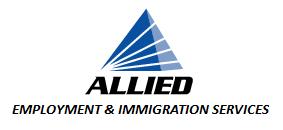

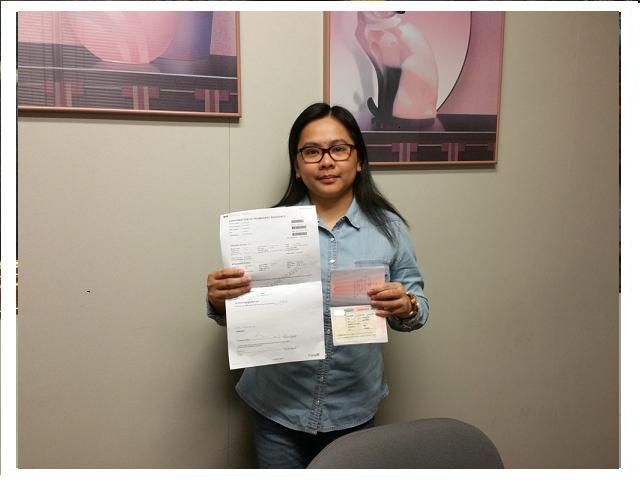
.jpg?template=generic)
